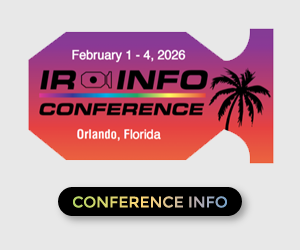Modifying a Surface for Infrared Temperature Measurement
Sponsored by:

Modifying a Surface for Infrared Temperature Measurement
Unknown emittance values are often the greatest error source when taking infrared temperature measurements. This error source can be eliminated by modifying a target with a material having a known E value.
Some of the modifying materials that thermographers commonly use include flat-finish spray paint, PVC electrical tape, masking tape, and spray deodorants containing powder.
Prior to modifying any surface:
- Make sure that it is safe to contact the subject equipment.
- Obtain permission to modify the surface from the end user.
- Ascertain that the selected modifying material will not melt, catch fire or emit toxic fumes when heated.
Once you have determined it is safe to modify a surface, proceed as follows:
1. Place radiometer at desired location and distance from target. Aim and focus.
2. Measure and compensate for Reflected Temperature.
3. Apply a surface modifying material having a known E value on target making certain that material is in full contact with target and there are no air pockets. Modifying material should be larger than radiometer’s spot measurement size for the chosen distance from the target.
4. Enter E value of modifying material into radiometer’s E setting.
5. Measure temperature of modifying material once it has reached thermal equilibrium with target.
6. For greater accuracy, repeat measurement three times and average the results.
Accurate temperature measurement is one of the many topics taught in all Infraspection Institute Level II training courses. For information on course locations and dates or our Distance Learning program, please call us at 609-239-4788 or visit us online at infraspection.com.
Advertisement

